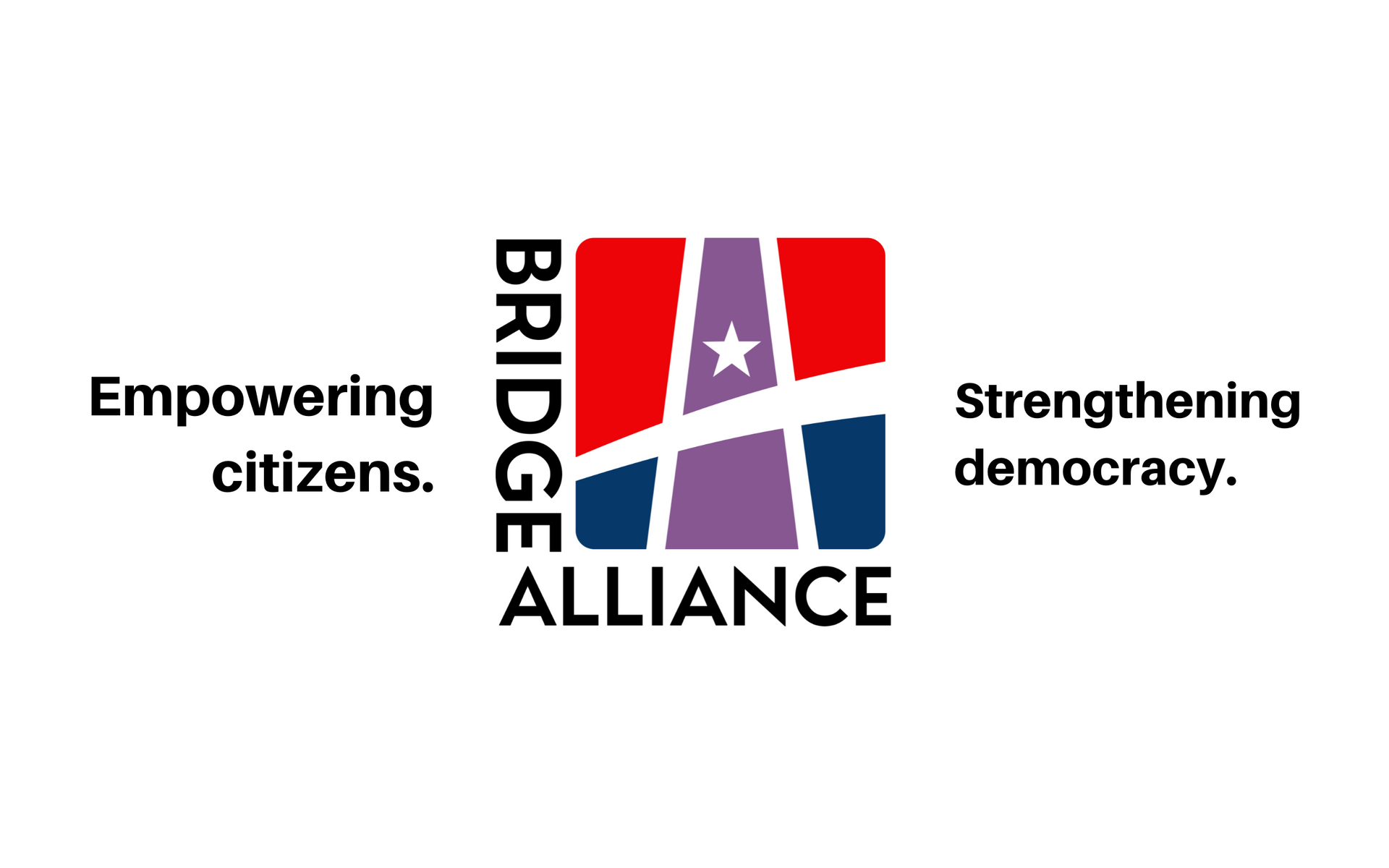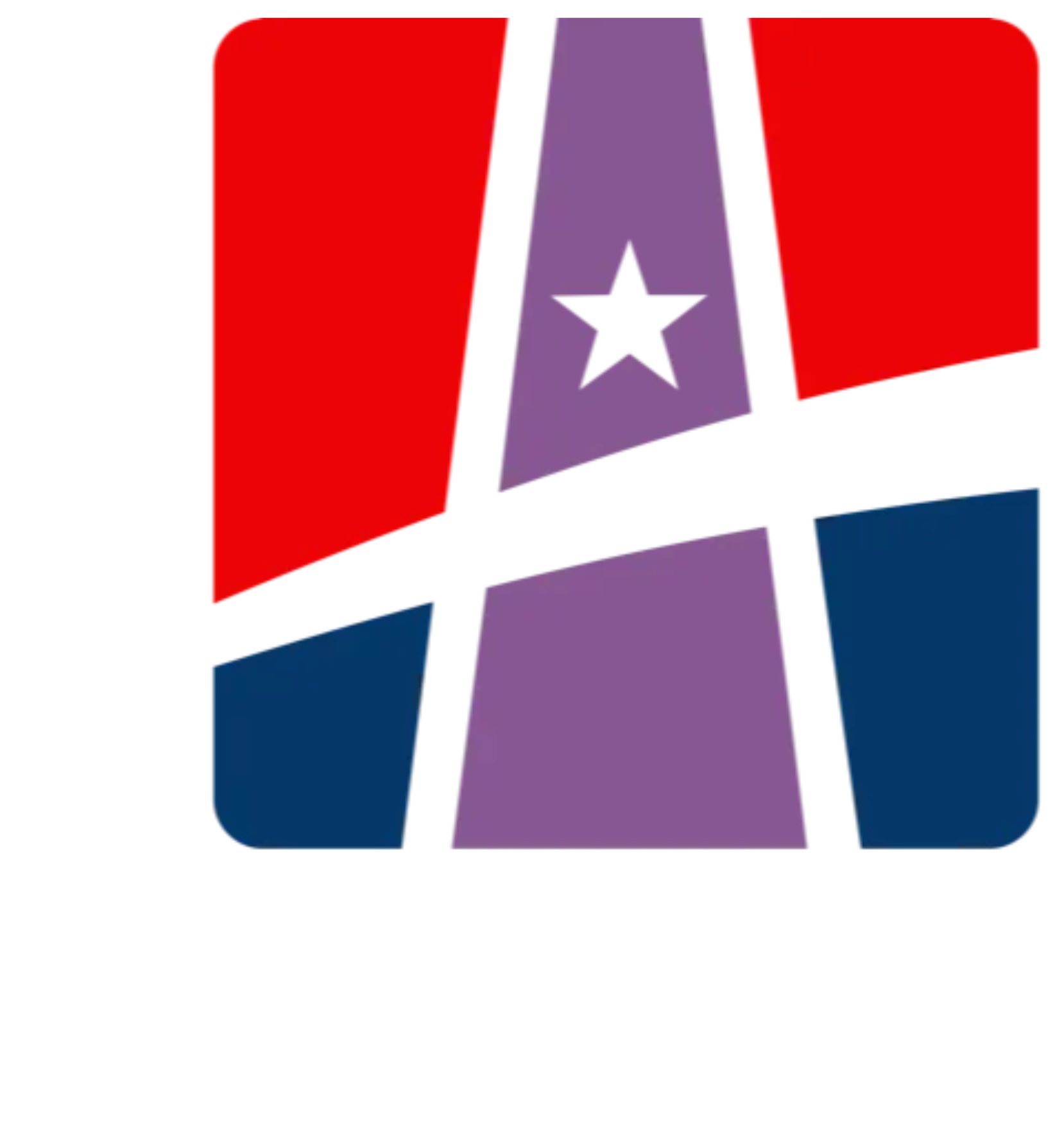The U.S. Flag as a Distress Symbol
Preparing for Independence Day Celebrations of the Flag
Comparing the year leading up to the 2020 presidential election to this year, it’s striking how much has changed in the American consciousness. The divisions that deepened after the Jan. 6, 2021, insurrection often seem irreparable. Once unimaginable discord with family, friends and neighbors has now become commonplace. This new reality includes a further divide over what the American flag represents.
In the weeks leading up to Flag Day, I wrote about the difficulty of the flag representing a unifying ideal in a complex country. The flag's meaning has become contentious in a politically divided America, often seen as aligning with conservative ideologies. I offered that to reclaim the flag as a unifying emblem, Americans must engage in open dialogue, acknowledging the country’s complex history and fostering understanding and empathy in search of common ground.
However, many readers disagreed with the idea that dialogue and the search for a new common ideal could bridge the severe partisan poisoning of their patriotism. They felt it was naïve to believe that a conversation about the flag's meaning could reconcile the stark ideological differences between liberals and conservatives.
I still believe that dialogue is the best option we have for overcoming our differences. But I also acknowledge the concrete reasons people are upset by the politicization of the flag. With Independence Day approaching, it is a good time to finish this thought.
In less polarizing times, even the most ardent flag hardliners took things like flag code violations in stride in the spirit of celebrating the Fourth of July. Now, differences in perception and use of the flag mirror the vast differences among Americans in all aspects of life. Seeing flags flown in ways many people feel are disrespectful by those who have positioned themselves as the most patriotic of Americans can cause anger and frustration. The politicization of the flag is taking its toll.
The flag is not new to being used for political purposes. During the Vietnam War, supporters of the war waved the flag, claiming true patriotism against anti-war protesters. Initially, flag-wavers came from both major political parties. By the end of the Vietnam era, the flag became more associated with the Republican Party.
Today, under Trump’s influence, the flag has become a symbol of exclusive, party-branded loyalty and defiance. The Jan. 6 insurrection exemplified this manipulation, with rioters using flagpoles as weapons and carrying flags while committing acts of violence. These individuals, convinced that free and legal elections were corrupted, claimed the flag and called themselves patriots while acting in contradiction to true patriotism. Their actions have deepened divisions and turned many patriotic Americans against the symbol of their country.
Among those affected are military personnel and veterans, who embody one of America’s most diverse organizations. Regardless of their heritage, color, gender or political beliefs, they defended the flag and the country it represents. Now, many in the military and veteran communities see the flag as desecrated by partisan politics.
Another form of flag desecration for political purposes is the use of the inverted flag. What should be a signal of dire distress in instances of extreme danger to life or property has become a signal of frustration and anger with opposing political power. Its use in issue-based protests has been observed since the 19th century, but its usage as a partisan symbol was ramped up by Tea Party advocates after Barack Obama’s reelection in 2012 and has reached a fever pitch during the post-Trump era.
In January 2021, many Trump supporters flew their flags upside-down as an anti-Biden protest, falsely claiming the election was stolen. Last month, it was revealed that even Supreme Court Justice Samuel Alito flew the flag upside-down at his home during that time. This symbol has gained even more prominence since Trump was found guilty of falsifying business records related to the 2016 presidential election. In response, right-wing figures and supporters displayed the inverted flag on social media, accompanied by messages of distress, outrage, and calls for civil war.
I am fully aware of how difficult the task ahead of us is — repairing a country filled with such anger. I also know that dialogue alone will not cure what ails us. The foundation of the Bridge Alliance is the belief that it will take a diverse ecosystem of solutions working in tandem to bring about a healthier country. But I also know that of those solutions, the ones that every individual can move forward every day is dialogue — and we can use points of connection such as the flag to start those conversations. Few alternatives do not include individuals taking action to turn the tide of division; after all, we know that sending a distress signal isn’t going to help. It’s up to all of us to fix it.
Featured Content
- AllSides (Blog) June 24th: When There’s a Debate that Nobody Wants – But Everyone Needs
- American Values Coalition (Blog) June 21st: Are Disinfo Campaigns on Your Local News?
- Ballotpedia (Resource) June 17th: Arizona voters to decide on amendment that would end term limits and retention elections for state supreme court and superior court judges
- BillTrack 50 (Article) June 24th: Advocacy - What Are The Best Tools?
- Divided We Fall (Article) June 26th: U.S. Foreign Aid: Smart Strategy or Fiscal Folly?
- FairVote (Article) June 21st: Analyzing Arlington’s second ranked choice voting election
- Independent Voter (News) June 26th: Ahead of CNN Debate, 71% of Voters Are Not Happy
- Issue One (Press Release) June 24th: New tax filing details how election deniers profit from group founded by conspiracy theorists Patrick Byrne and Michael Flynn
- National Civic League (Article) June 26th: Majority Rules: New Film Documents the Success of Ranked Choice Voting
- Network for Responsible Public Policy (Video) June 24th: A Purple Agenda For The Next Four Years
- Unite America (Article) June 25th: Primary analysis: 82% of Colorado's State House elections will be over after (Tuesday)
Podcasts
- Issue One (Democracy Fix) June 18th: Going on the Offensive Defense: Arizona Secretary of State Adrian Fontes on AI, Security, and Public Trust
- Ballotpedia (On The Ballot) June 20th: Personal data and the privacy gaps of political campaigns
- Forward, June 24th: Crossing America in an RV: Surprising Truths About Our Divided Nation
- Talkin' Politics & Religion Without Killin' Each Other, June 24th: Renee DiResta, INVISIBLE RULERS: The People Who Turn Lies into Reality
- Common Ground Committee (Let’s Find Common Ground) June 20th: Public Schools: Talking Across the Divide.
Citizen Connect Featured Events
- Crossing Party Lines (June 30th @ 7:00 pm CT) What Does Patriotism Mean to You?
- National Coalition for Dialogue & Deliberation (July 1st @ 12:00 pm EDT) Practitioner Mobilization for Democracy
- Mediators Beyond Borders International (July 3rd @ 10:30 am ET) WordsView – Aligning Words and Aligning Relationships
- American Promise (July 3rd @ 8:00 pm CT) Introduction to Money in Politics
- Citizen Discourse (July 4th @ 11:00 am CT) Conversation Collective
Featured Fulcrum Articles
- Lisa Kay Solomon, June 26th: How to watch the presidential debate with your future in mind
- Jonah Goldberg, June 21st: The Supreme Court's role in our partisan polarization has been greatly exaggerated
- Whitney Hatch, June 20th: Congress worked across the aisle on a bill to protect kids online. Now pass it.
- Jenna Spinelle, June 17th: Fellowship brings Gen Z voices into democracy and podcasting
- Staff, June 14th: Project 2025: A cross-partisan approach
In The News
- AASCU (Diverse Education) June 13th: Landscape Review Finds More Questions in Link Between Higher Ed and Civic Engagement
- Leadership Now Project (AZ Central) June 17th: As CEOs, we will not tolerate threats against Arizona election workers
- RepresentUs (NPR) June 18th: Invest like a Congress member
- Issue One (C-SPAN) June 20th: Former Reps. Zach Wamp and Tim Roemer on Election Security and Threats to Democracy
- Horizons Foundation (Sojourners) June 24th: Faith and the Authoritarian Playbook





